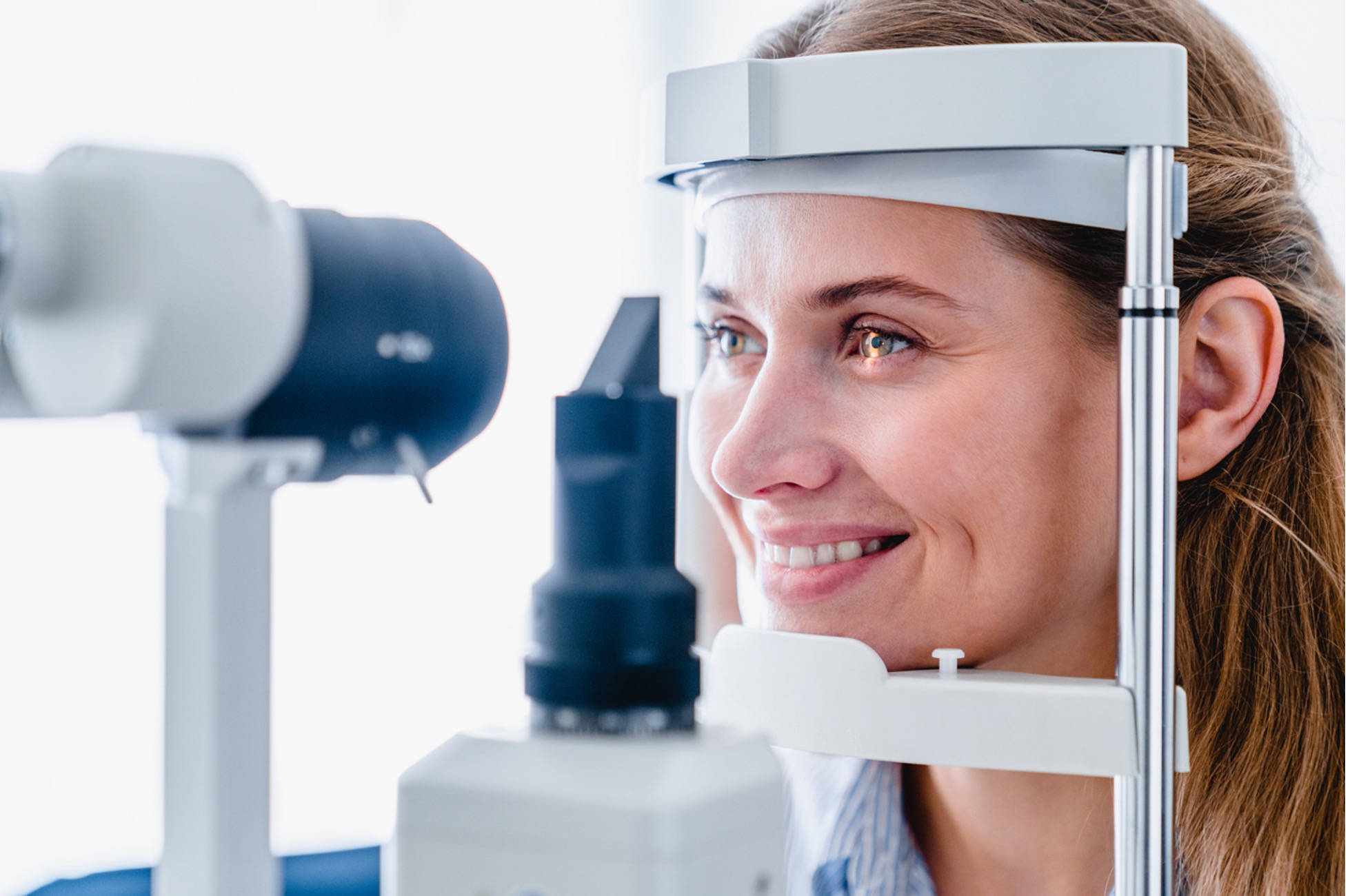Local Glaucoma Service Near Me: Trusted Professionals for Eye Health And Wellness
Local Glaucoma Service Near Me: Trusted Professionals for Eye Health And Wellness
Blog Article
Understanding the Various Eye Issues Treated by Specialized Eye Care Professionals
In the world of eye care, specialized professionals play a vital role in detecting and treating a large range of eye conditions. As we begin on this expedition of the different eye conditions attended to by specialized eye care experts, it ends up being apparent that the elaborate internet of ocular wellness holds a myriad of remarkable insights waiting to be uncovered.
Usual Refractive Mistakes
Refractive mistakes are usual aesthetic conditions triggered by a blemish in the eye's capability to properly focus light, resulting in obscured vision. Astigmatism is identified by an irregularly shaped cornea, resulting in distorted or blurred vision at all ranges. Presbyopia is an age-related problem where the lens loses its adaptability, making it difficult to focus on close objects.
These refractive mistakes can be corrected through different methods, including eyeglasses, call lenses, or refractive surgery. Eye treatment professionals play a crucial function in identifying and managing refractive errors to help people attain clearer vision and improve their top quality of life.
Age-Related Eye Conditions
One of the most prevalent age-related eye conditions is age-related macular deterioration (AMD), a condition that triggers main vision loss and can make tasks like analysis and driving challenging. Cataracts, an additional common problem among older people, create clouding of the eye's all-natural lens, leading to blurred vision. Normal eye tests with specialized eye care experts are important for very early discovery and administration of these age-related eye conditions to protect vision and keep eye health and wellness as people grow older.
Vision-Threatening Illness
Vision-threatening illness include a variety of major eye problems that have the possible to substantially impact an individual's eyesight and general aesthetic feature. These diseases present a danger of long-term vision loss if not quickly diagnosed and dealt with by specialized eye care professionals. Some typical vision-threatening diseases include glaucoma, diabetic person retinopathy, age-related macular deterioration (AMD), and retinal detachment.
Glaucoma is a team of eye conditions that harm the optic nerve, commonly due to high intraocular stress, leading to peripheral vision loss and potential blindness if left unattended. AMD is a progressive problem influencing the macula, leading to central vision loss.
Early discovery, routine eye tests, and timely intervention are critical in handling vision-threatening illness to protect sight and keep quality of life. Specialized eye care professionals play an important function in diagnosing, treating, and taking care of these problems to stop irreversible vision loss.

Corneal Problems
Corneal conditions include a spectrum of conditions that affect the transparent front part of the eye, recognized as the cornea. These disorders can bring about pain, visual disruptions, and in serious cases, vision loss. One common corneal problem is keratoconus, where click the cornea thins and bulges outward right into a cone shape, triggering astigmatism and obscured vision. Corneal dystrophies, such as Fuchs' dystrophy, result in gradual vision loss as a result of unusual deposits in the cornea. Corneal abrasions, often triggered by injury or international objects, can cause pain, inflammation, and sensitivity to light. Additionally, infections like keratitis can inflame the cornea, possibly bring about scarring and vision disability otherwise immediately treated. Therapy for corneal problems varies relying on the particular condition yet may include medicines, call lenses, or in serious situations, corneal transplants. Regular eye examinations are vital for very early detection and monitoring of corneal problems to protect vision and eye wellness.
Neurological Eye Problems
Neurological eye problems involve problems that influence the connection in between the eyes and the mind, affecting aesthetic processing and overall eye feature. These conditions can manifest in various means, affecting vision, eye movements, and even the control between the eyes. One usual neurological eye problem is optic neuritis, identified by swelling of the optic nerve bring about vision loss, shade desaturation, and pain with this post eye motion.
An additional considerable problem is nystagmus, where the eyes make repeated, unrestrained motions, affecting visual skill and depth understanding. In addition, problems like amblyopia, frequently described as "careless eye," arise from irregular visual development in early childhood years, leading to reduced vision in one eye.
Neurological eye conditions need customized treatment from professionals like neuro-ophthalmologists that have competence in both neurology and ophthalmology. Medical diagnosis commonly entails a detailed eye about his assessment, imaging research studies, and partnership with specialists to resolve the underlying neurological concerns influencing the aesthetic system. Treatment strategies can include medication, vision therapy, or in severe cases, surgical interventions to handle these complicated problems successfully.

Final Thought
Finally, specialized eye care professionals deal with a large variety of eye conditions, including usual refractive mistakes, age-related eye problems, vision-threatening conditions, corneal conditions, and neurological eye conditions - refractive surgeries in al. By comprehending these numerous conditions and looking for appropriate treatment from eye care professionals, people can maintain optimal eye wellness and vision. It is essential to prioritize regular eye assessments and adhere to recommended therapy strategies to maintain and protect one's vision for the future
Report this page